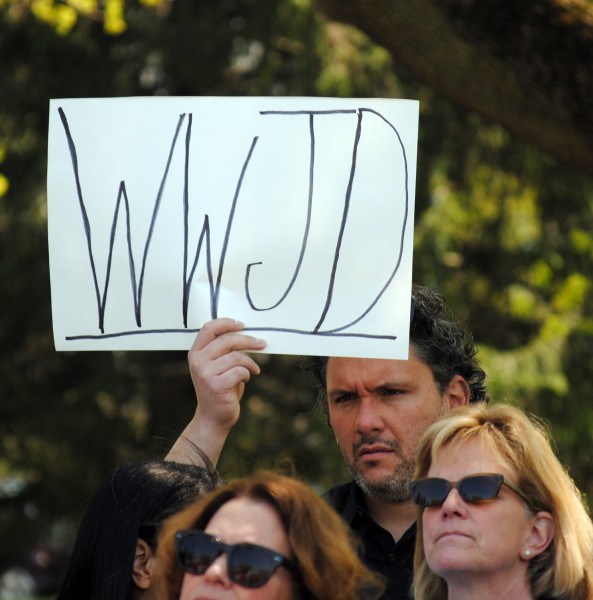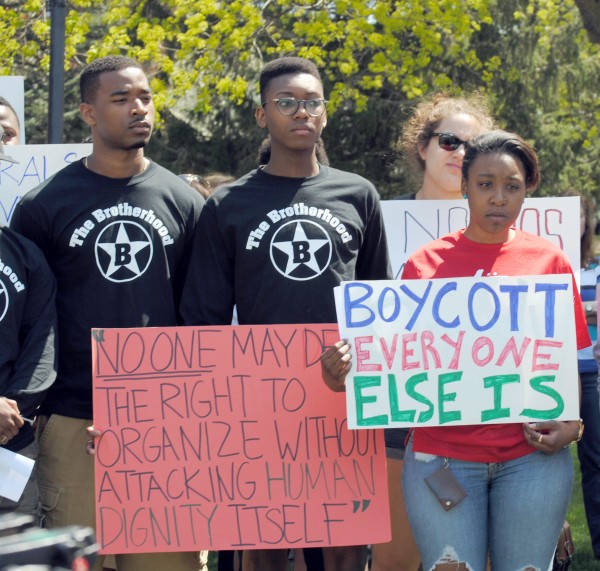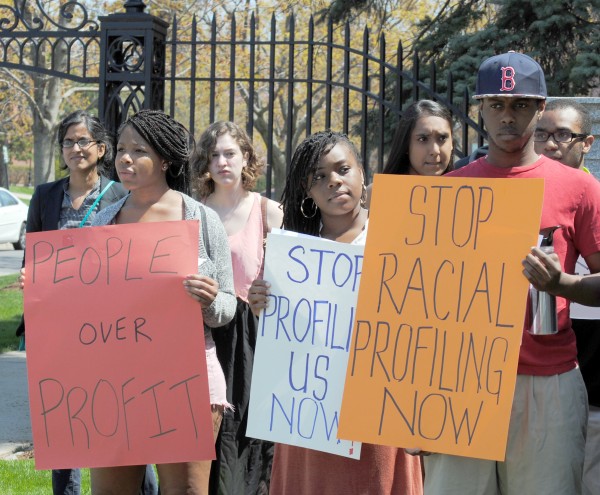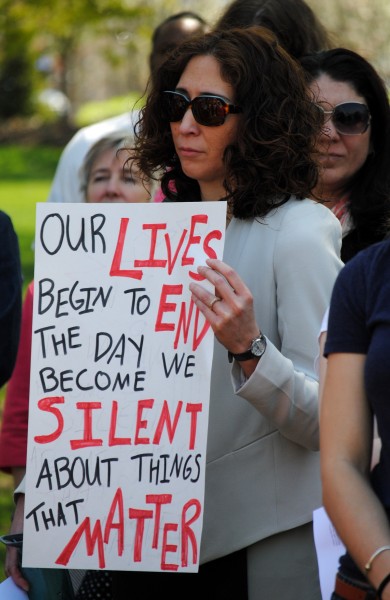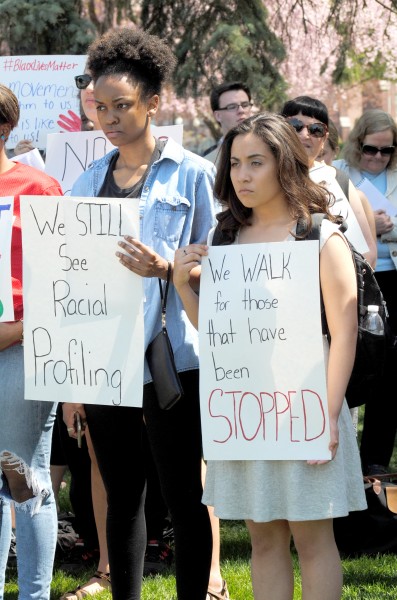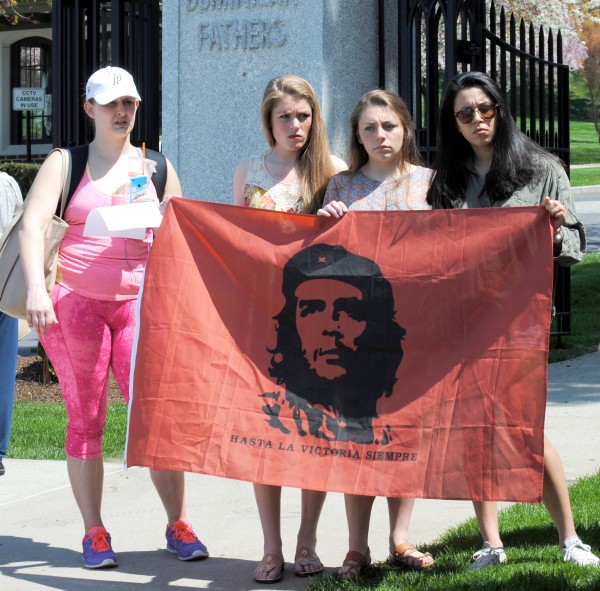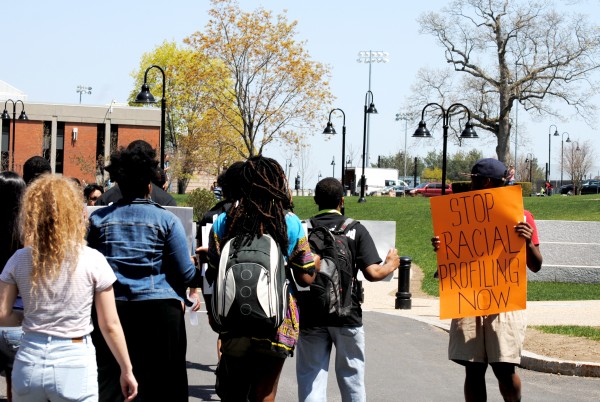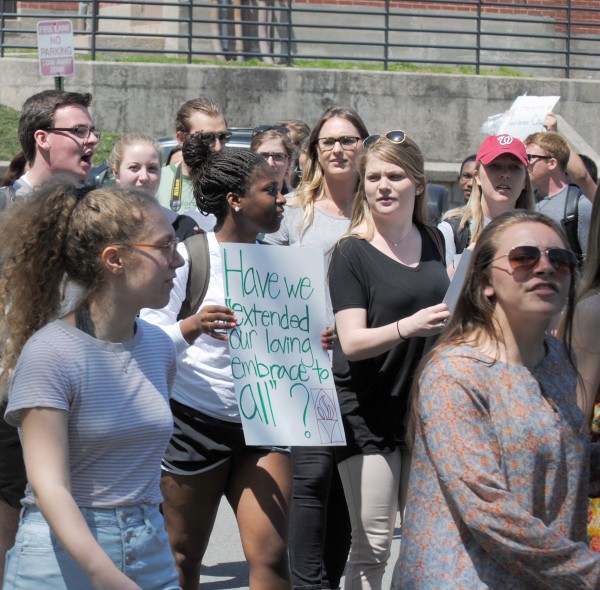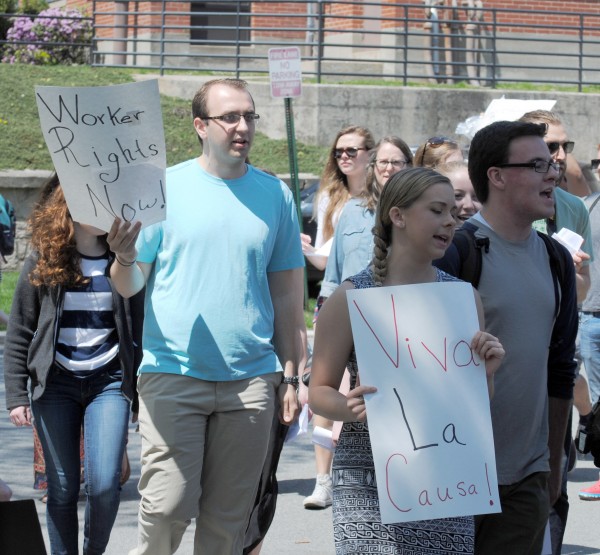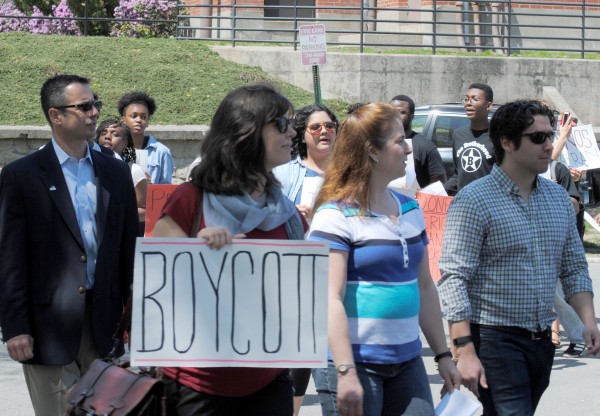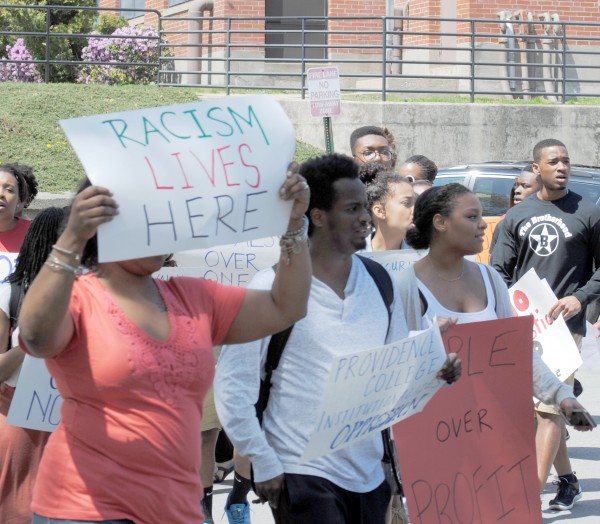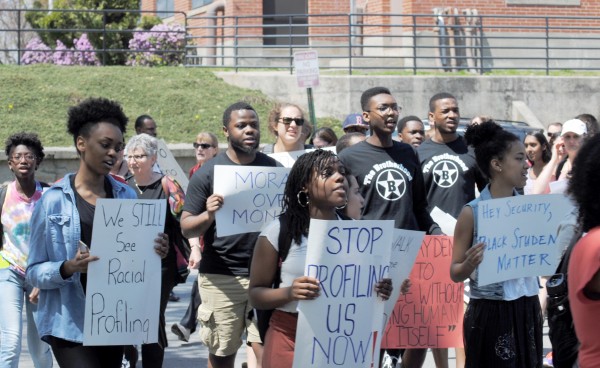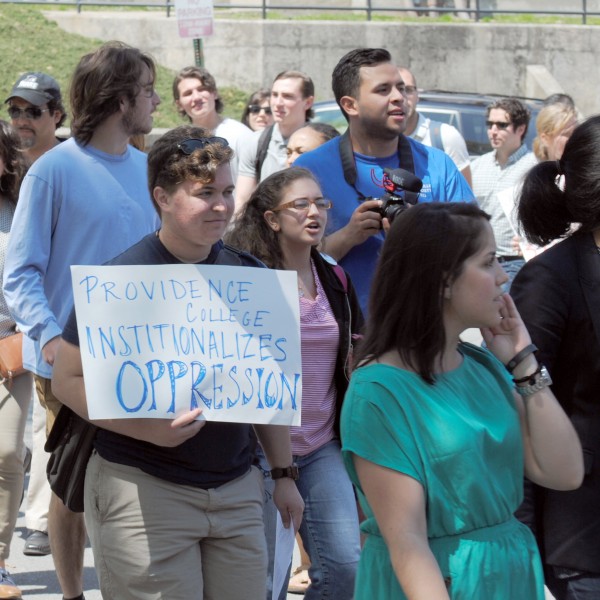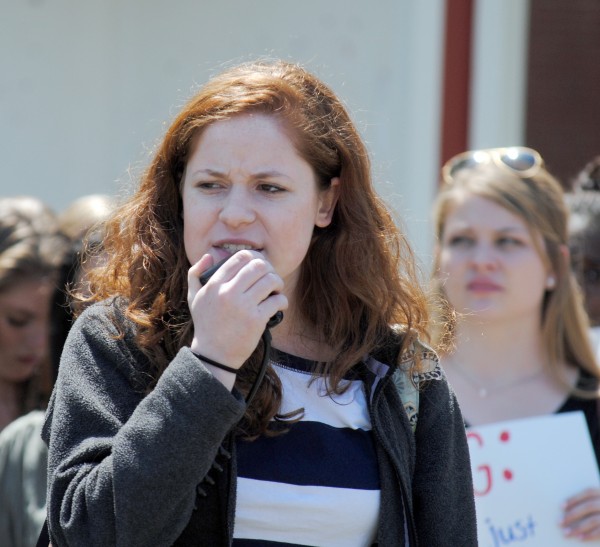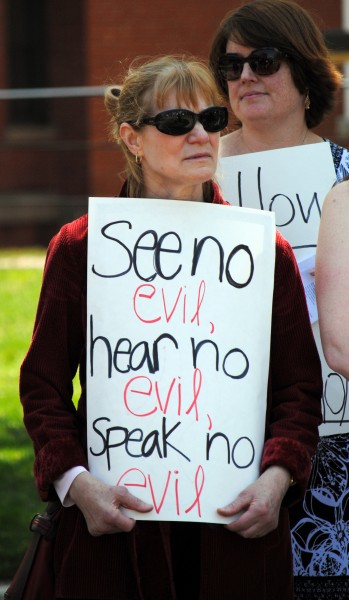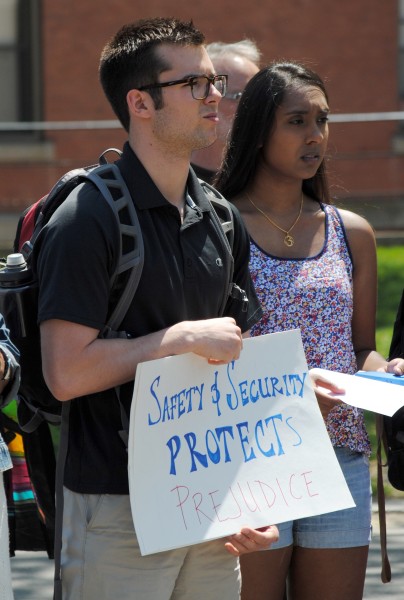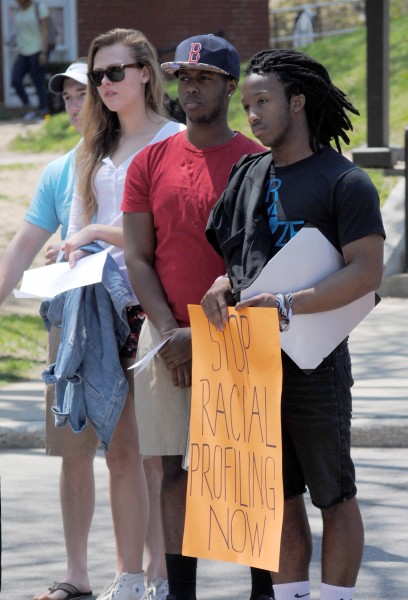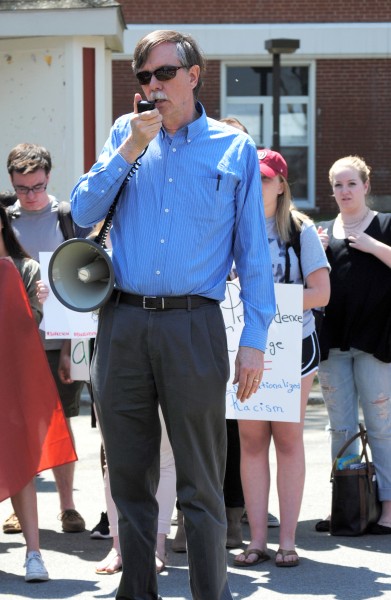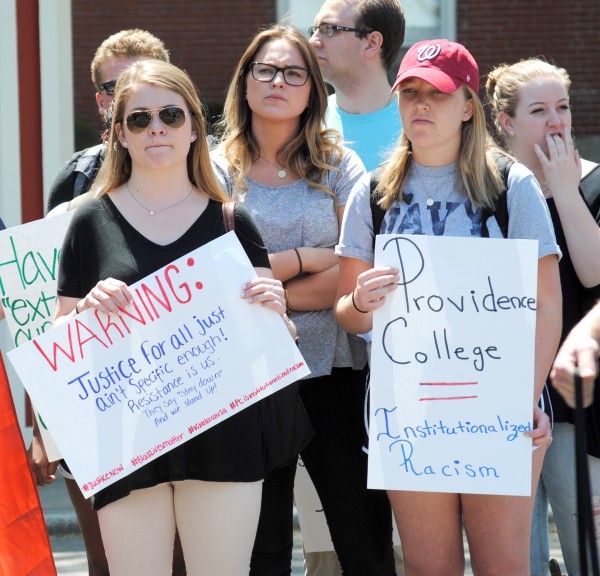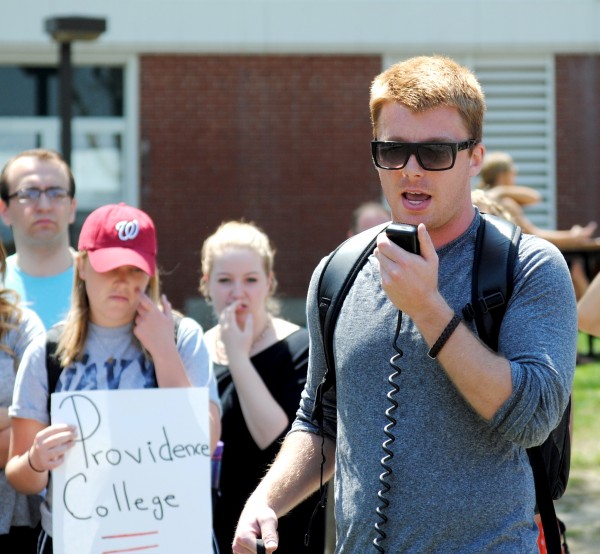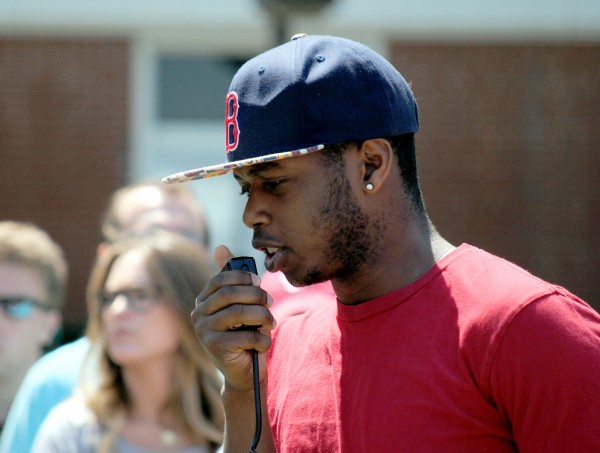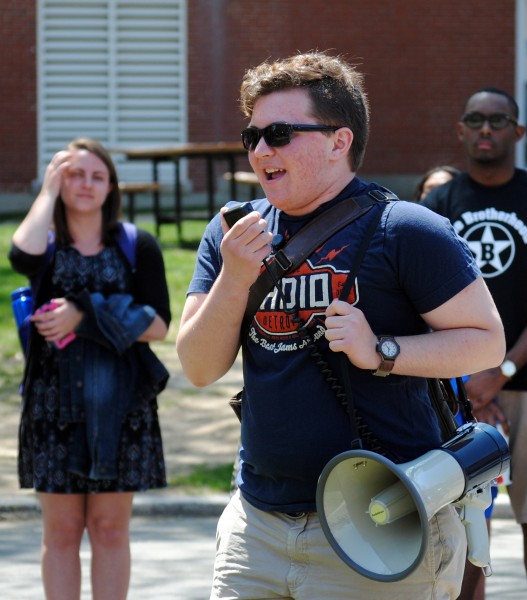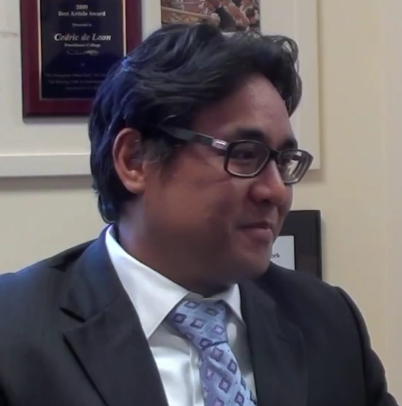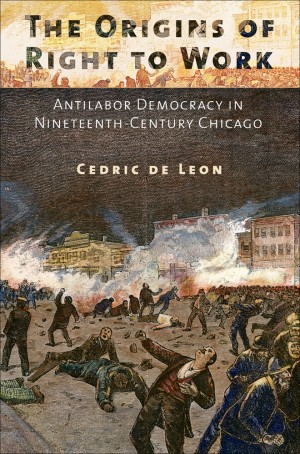
For the last several years, I have written in various forums about how the United States has entered a New Gilded Age. That is, through decimating workers’ rights and empowering corporations to dominate the political system, we are recreating the Gilded Age of the late nineteenth and early twentieth centuries. That period was noted by its incredible levels of income inequality, by the state using the military to crush strikes, by plutocrats buying off politicians with cash and illegal stock trading schemes, by economic collapses because of unregulated corporate behavior, and by a lack of regulations that allowed corporations to kill workers on the job and pollute with impunity.
In the twentieth century, workers fought to tame this corporate behavior with a great deal of success. The Progressive Era, New Deal, and Great Society were all periods where real victories over corporate misbehavior were won. But over the last fifty years, corporations and their politician lackeys have decimated unions by moving jobs overseas, retaken control of the political process through the Citizens United decision (among many other events), and rolled back regulations designed to protect Americans from corporate exploitation. As we saw in the brief Occupy movement and the outpouring of support for left-populist politicians like Elizabeth Warren and Bernie Sanders, Americans are waking up to this sudden shift in their fortunes and are increasingly outraged about inequality. But the system is so heavily weighted to the corporations that it may take decades to win back decent lives for working Americans.
Scholars are beginning to rethink the Gilded Age through the framework of the New Gilded Age. Providence College sociologist Cedric de Leon is at the forefront of this movement in his new book The Origins of the Right to Work: Antilabor Democracy in Nineteenth-Century Chicago. He examines the origins of the “right to work” idea in the mid-nineteenth century, attempting to provide a historical background to formerly union states like Michigan and Wisconsin embracing a war on unions and implementing right to work legislation that allows public sector workers to opt out of union dues while forcing unions to continue representing them. Using Chicago as a case study, he explores how workers conceived of the challenges of the new capitalist economy as avoiding dependence on employers. Self-reliance and the shunning of dependence were central to the growth of American political culture and mythology in the first century after the Revolutionary War and this shaped working-class politics of the antebellum period.
- Video: Interview with Cedric de Leon
- Meet Cedric de Leon: Saturday, September 12, 5 to 7pm, at AS220 (115 Empire St.), Providence
As the nation moved toward the Civil War, fears over the expansion of slavery creating wide-scale dependence of the white working class to the planter class allowed the nascent Republican Party to initially recruit workers into the fight against the South, even as the party’s economic ideology rapidly developed into the pro-corporate mentality that would feed the Gilded Age upon the war’s conclusion. As Chicago workers felt betrayed that the war had spawned increasingly large corporate powers, they began organizing for workers’ rights, including an 8-hour day movement in 1867 and the famous strikes of 1886 that led to the Haymarket Riot, where an anarchist responded to police violence by throwing a bomb into a crowd of police.
The political parties responded harshly to this worker challenge through both ideological constructions and state violence, such as the execution of anarchist leaders after Haymarket. Elites twisted the ideas of freedom to fit an ideology revolving around the freedom of contract. In other words, unions were unnecessary and dangerous because they interfered with a worker’s right to sign a contract for a given wage he negotiated with his employer. Of course this ideology ignored the power relations between workers and employers, as well as the actual struggles of workers in Chicago to make a living but exploiting the working class was the point.
And while the Republican Party more openly supported the Gilded Age’s new corporate order, many leading Democrats also embraced these intellectual origins of modern right to work laws. Union opponents in 1875 and in 2015 both used the language of freedom that originated in pre-Civil War America, twisted for the benefit of corporations, but which still holds mythological power among American citizens. Or in de Leon’s words “This book argues that the current generation of workers and trade unionists, like other generations before it has come face-to-face with a long-standing inheritance: a democracy—born in the epic fire of civil war—that safeguards the individual worker’s right to access the American Dream while simultaneously denying a collective route to its fulfillment.” (x)
The only place where I slightly disagree with de Leon is in his discussion of the implications of recent right-to-work legislation on labor’s relationship with political parties today. While he’s certainly correct in diagnosing the dangers of unions becoming captured by a Democratic Party that doesn’t really care about them, I cannot see an alternative outside the two-party system. While it would be nice if Republicans competed for union votes, without that happening, unions have no choice but to fight for pro-union Democrats if they want any influence over the political process at all. And given that unions have only won major political victories when Democrats have had power, moving away from that party is extremely risky, especially when there is no clear alternative or third-party path to help workers win better lives.
de Leon has written a compelling book that goes far to explain the historical roots of the recent attacks on unions. He is also an example of the amazing scholars teaching at Rhode Island colleges and universities and how much they have to offer for workers’ fights in the present.
]]>But wait. What is a “right to work” law?
Since the 1890’s through the 1940′ and 1950’s, “right to work” laws of various sorts have played on the racial fears of southerns and midwesterners. Today, says de Leon, they are sold much more covertly but still have a somewhat similar effect.
de Leon wrote the book after his home state of Michigan, a stallwart of the labor movement and where de Leon was the president of his grad student union, became a right to work state. “This is partly my way of dealing with it, which is to fight back.”
And fighting back, he said, is important because the Supreme Court is slated to consider a case that could effectively make every public sector union in the nation a “right to work” shop, if you will.
But he seems imminently confident the labor/progressive coalition can beat back the neoliberal attempts to destroy unions.
Originally a conservative from Canada, de Leon came to the progressive left after seeing rampant poverty in Mexico.
He worked with the United Farm Workers to “get grapes out of the Yale dining hall,” he said. “That was my gateway drug to the labor movement.” He also worked for SEIU 1199 organizing health care workers right here in Rhode Island. “It was my first job out of college
Years later, he returned to the Ocean State as a sociology professor at Providence College. He’s been critical of PC on labor positions and in this interview was critical of the Catholic college on racial issues in this interview.
de Leon doesn’t speak of any kind of animus lightly. He’s been the victim of a seemingly politically-motivated hat crime in Providence, he told me.
You can watch my full interview with de Leon here:
]]>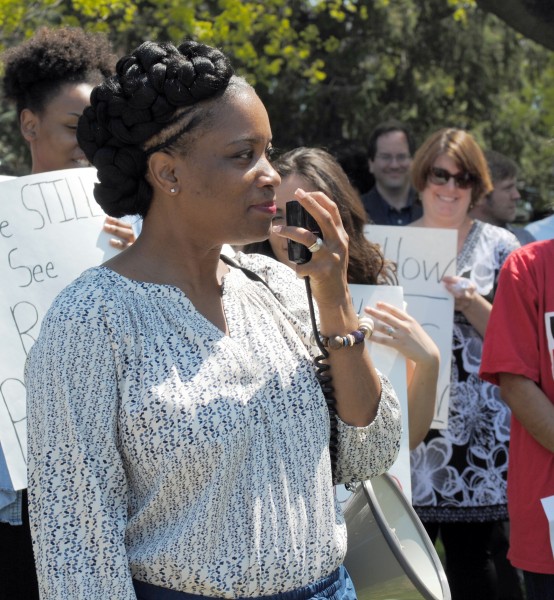
The Providence College Coalition Against Racism held a press conference, followed by a march through the Providence College (PC) campus, “to protest the ongoing racial profiling on campus and the failure of the college administration to stop doing business with the Renaissance Hotel.”
Dr. Julia Jordan-Zachary has been a professor at Providence College for seven years and has been stopped by campus security eight times. She is the director of PC’s Black Studies Program and has recently been promoted to full professor. PC has a policy prohibiting racial profiling.
The Coalition maintains that the PC director of Safety and security, Jack Leyden, is not enforcing this policy.
“Some try to discredit our experiences with claims such as ‘It must be how they are dressed,’” said Jordan-Zachary, “and I always want to say, ‘I survived 18 years as a black female academic. I think I know how to dress.’”
“I do everything conceivably possible not to draw the attention of security guards on this campus,” said Jordan-Zachary, such as “trying to figure out how to walk through buildings so that I am almost invisible,” and selecting classrooms to teach in that are as close as possible to her office to avoid long walks on campus.
Student Bini Tsegaye, a graduating senior, also spoke about the systemic racism and profiling on the PC campus. “For four years straight I’ve been stopped and questioned by security and safety officers, and most of the time they drive around in their van to see if I belonged on campus.”
Tsegaye got a job on campus, thinking that “being a student employee would decrease the constant interrogation and profiling, since security officers would be working with me. But that’s not the reality I saw on my job.”
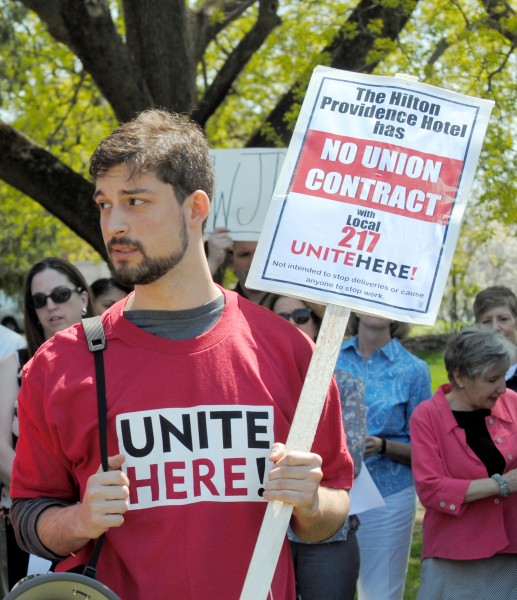
In addition to calling for an end to racial profiling on campus, Professor Cedric de Leon called upon PC to stop recommending the Providence Renaissance Hotel for college events because of “the owners’ failure to respond in a legal manner to workers’ efforts to organize a union.” The Renaissance and the Providence Hilton, both located downtown, are managed by The Procaccianti Group (TPG).
When PC students and faculty approached the college about boycotting the Renaissance, they were told that there was “no compelling interest for Providence College to advise the families of our students and our alumni to avoid using the hotel.”
Professor de Leon disagrees. Providence College is a Catholic school. “This inaction,” says de Leon, “is a violation of Catholic social thought, and is due to the fact that those whose rights are being violated are by and large people of color and therefore of little social importance either to the PC administration or to TPG.”
“The fact that PC insists on using anti-union hotels, despite the many other hotels in Providence,” said De Leon, “suggests that a strong personal connection between PC and TPG is preventing the administration from doing what is right.”
Two hotel workers, Santa Brito from the Renaissance and Jonah Zinn from the Hilton, spoke about working conditions at the hotels and the impossibility of negotiating with TPG.
Brito, who is currently not working due to health problems she received on the job, recalled being pregnant, and “at the moment I went to give birth [TPG] tried to fire me.”
“We are also fighting against racism in the hotel,” said Brito. “We are living day to day with the racism in this hotel and we need to stop it now.”
“One of my co-workers,” said Zinn, “the hotel tried to fire her two weeks after she gave birth to twins. While she was pregnant the hotel refused to reduce” the number of rooms she needed to clean in a shift.
The Coalition presented four demands.
- “That the College fire the Director of Safety and Security due to his failure to enforce PC’s policy against racial profiling.”
- “That the College discipline the security officer who profiled the director of the College’s Black Studies Program.”
- “That the College begin full enforcement of their policy against racial profiling.”
- “That the College refrain from doing business with the Renaissance Hotel until management grants the workers a fair process to decide on unionization.”
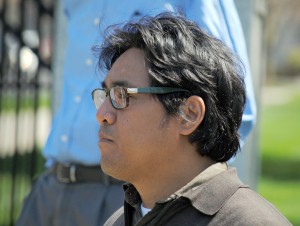
After the press conference, de Leon led a march through the campus. After the march students and faculty stepped forward to describe the ways they were made to feel uncomfortable or even endangered on campus by PC security or fellow students. de leon finally led those still in attendance to sing “We Shall Overcome.”
Listening to those speaking out, its clear PC has a lot to overcome before being known as a welcoming, inclusive campus, able to live up to its Catholic ideals.





